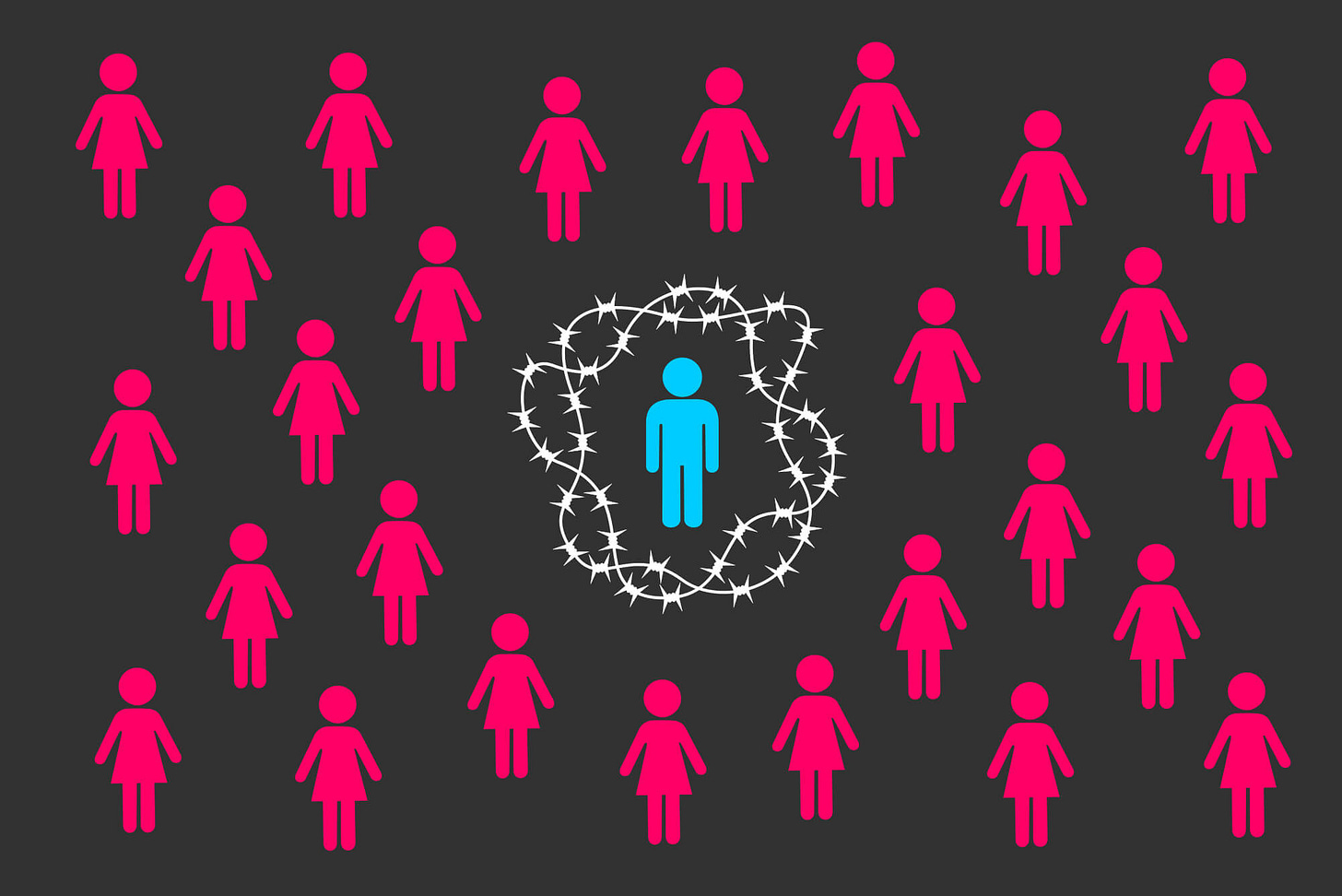The Incel Paradox: Resentment, Rage, and Online Extremism
With the recent resurfacing of the Tate Brothers and their rhetoric and radicalisation of young males, I felt an urgent need to write something to raise awareness on this pressing issue.
The term "incel," short for "involuntary celibate," has moved from obscure online forums to mainstream discussions, often linked to acts of violence and misogyny. Parents need to be aware of the incel effect and the groups peddling this culture to the young minds of today
What is Incel Culture?
At its core, incel culture is built on a foundation of resentment and self-pity. Incels have a belief that they are entitled to sexual relationships with women but that they are denied this due to a self-perceived physical ugliness or social handicap.
Red Flags of incel ideology include:
Misogyny: A pervasive hatred and devaluation of women.
Entitlement: The belief that they are owed sexual attention.
Victimhood: A constant portrayal of themselves as victims of societal injustice.
Rage and Resentment: A bitter anger directed towards women and "Chad" (attractive, successful men).
Online Echo Chambers: Reinforcement of these beliefs through online forums and communities.
The Dangers and Risks:
The incel mindset poses several significant risks:
Radicalisation: The online echo chambers of incel forums can radicalise young men, pushing them towards increasingly extreme views and potentially violent actions.
Normalisation of Misogyny:The Incel culture normalises and promotes misogynistic language and beliefs, it does nothing but create a toxic environment that often influences young males' and their beliefs surrounding women.
Distorted Views of Relationships: Incels often have deeply distorted views of healthy relationships, viewing women as objects to be obtained rather than equal partners.
Increased Risk of Violence: In extreme cases, incel ideology has been linked to acts of violence, including mass shootings.
Impact on Mental Health: The negativity, resentment, and isolation that are prevalent within the incel culture are a cause of serious mental health issues ranging from depression, anxiety, and even to the extent of suicidal thoughts.Parents should be aware of thse risks so they can recognise them within their own children and be able to support them.
Impact on healthy social development: By isolating young men and encouraging them to hate women, incel culture prevents healthy social development.
Protecting Young Males and Promoting Healthy Relationships:
Dealing with the dangers of the incel culture requires a varied approach:
Education: Schools and parents must educate young people about healthy relationships, consent, and the risks of online radicalisation.
Open Communication: It is crucial to create safe spaces for young males to express their feelings and concerns. Encourage open and honest conversations about masculinity and relationships.
Promoting Empathy and Respect: It is vital to emphasise the importance of empathy, respect, and equality in all relationships.
Challenging Misogynistic Language: Actively challenging and correcting misogynistic language and beliefs, both online and offline.
Mental Health Support: Providing accessible mental health support for young men struggling with feelings of isolation, resentment, or anger.
Monitoring online activity: Parents must know their children’s online activity and spaces.
Promoting healthy online communities: Support online communities encouraging healthy interaction between young men and women.
The Importance of Intervention:
It's vital to recognise the signs of incel ideology and intervene early. Young men who express extreme misogynistic views, feelings of entitlement, or a fixation on their perceived lack of sexual success may be at risk.
By understanding the dangers of incel culture and taking proactive steps to protect our youth, we can create a safer and more respectful environment for everyone.






